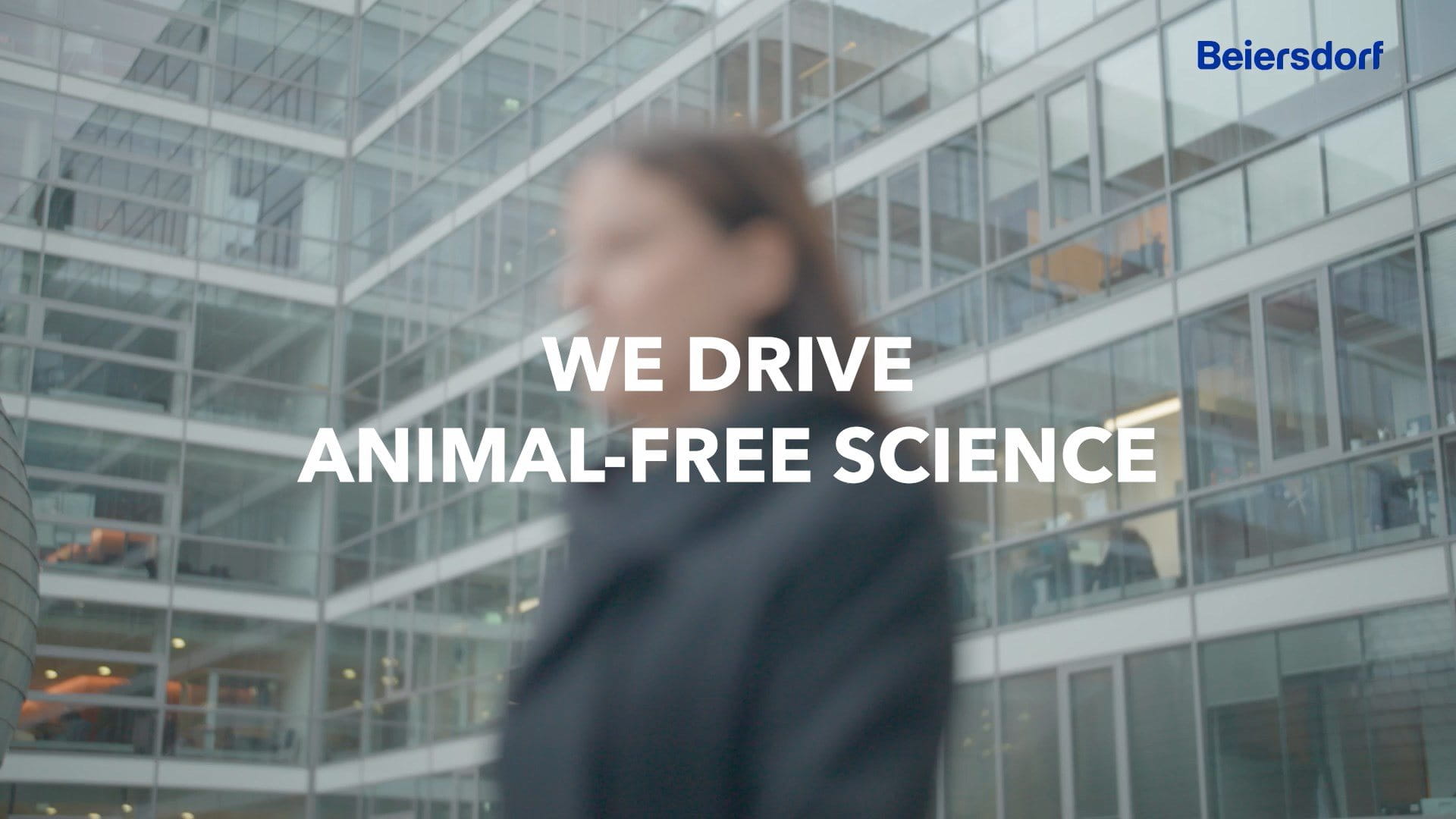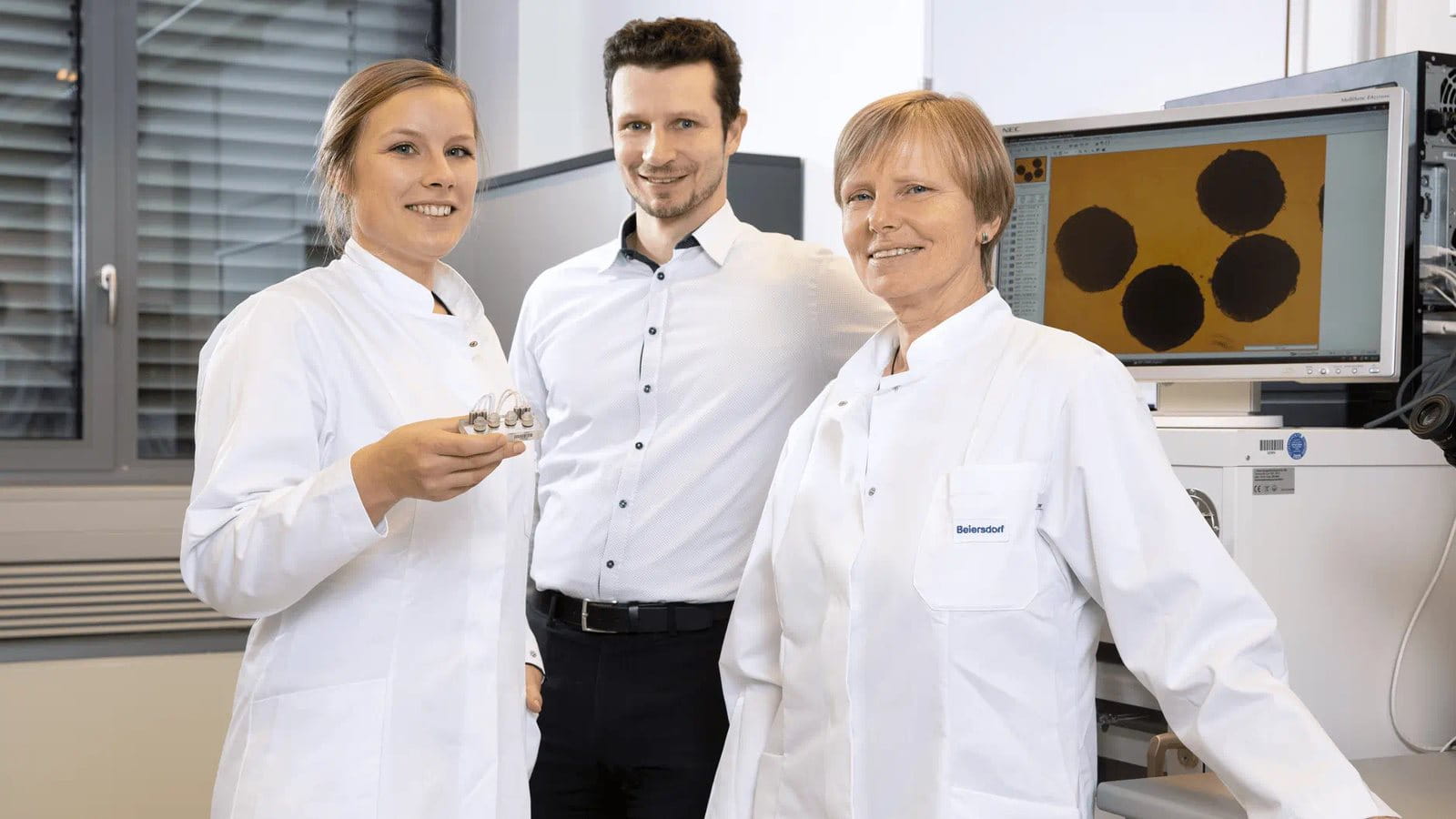At Beiersdorf, we are committed to making animal testing obsolete worldwide. We are convinced that animal testing is not necessary to prove the skin tolerability and effectiveness of our cosmetic products. This is why we do not conduct any animal testing for our cosmetic products and their ingredients, and do not have any animal testing done on our behalf – unless, in the very rare case, this is specifically required by law.
For us, consumer safety always comes first. As one of the leading researching companies, we have been at the forefront of developing and promoting alternative test methods for more than 40 years. We have been – and still are – intensively involved in the successful development and validation of key methodologies that are now internationally accepted by the OECD (Organisation for Economic Co-operation and Development) and are already approved by key regulatory agencies. We invest significant resources for this, and have worked in joint collaboration with more than 50 partners and stakeholders on this effort worldwide to date.
In the EU, animal testing has been completely banned for cosmetic products since 2004, and for all the ingredients of these products since 2013. Beiersdorf, of course, is in compliance with these legal requirements and, for a long time before, already actively forewent animal testing worldwide whenever legally possible. It is our stated goal to advance research to the point when animal testing can be completely abandoned worldwide.



